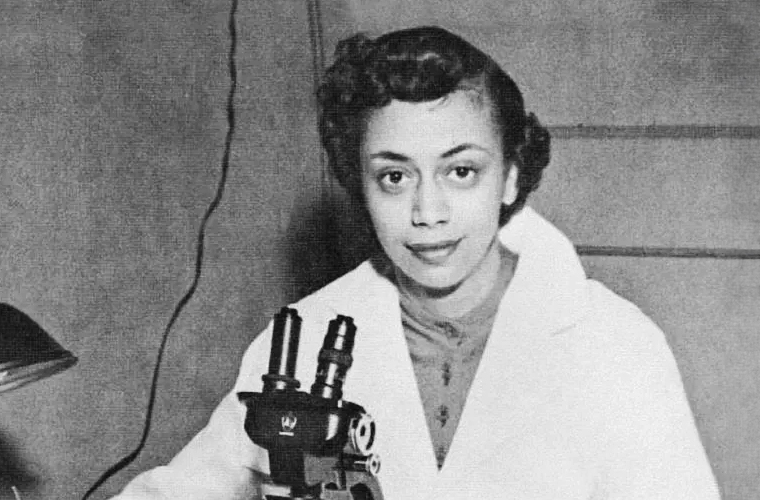Evelyn Carmon Nicol was born on June 2, 1930, to Daniel and Margarite Carmon in Little Rock, Kentucky. From a young age, she faced the challenges of growing up in a society marked by racial segregation and limited opportunities for African Americans. Despite these obstacles, Nicol demonstrated a remarkable drive and determination to pursue her passion for science.
Nicol’s early years were marked by hard work and perseverance. While attending high school, she also worked as a domestic to earn money, showcasing her strong work ethic and commitment to her education. In 1949, Nicol made the pivotal decision to migrate to Alabama to attend Tuskegee University, a historically black institution known for its commitment to academic excellence and social justice.
At Tuskegee University, Nicol’s academic journey took an unexpected turn that would set the stage for her future achievements. When she shared her work experience with an academic advisor, she was initially directed to pursue a major in home economics. However, Nicol’s passion for science and her unwavering determination led her to change her course of study to Chemistry just one week later.
In 1953, Evelyn Carmon Nicol made history as she was awarded a degree in chemistry and mathematics from Tuskegee University. This accomplishment was not only a testament to her academic prowess but also a significant milestone in a career that would challenge the status quo in the scientific community.






Nicol’s professional journey was characterized by groundbreaking achievements and a steadfast commitment to advancing medicine while confronting racism and sexism in a field that was routinely dominated by white men. Her pioneering work in microbiology and immunology opened new frontiers in scientific research and contributed to our understanding of infectious diseases and the human immune system. Throughout her career, Nicol broke down barriers and defied stereotypes, paving the way for future generations of scientists from diverse backgrounds. Her contributions to the scientific community serve as an inspiration and a reminder of the transformative power of perseverance and passion in the face of adversity.
Evelyn Carmon Nicol’s legacy extends far beyond her scientific accomplishments. She leaves behind a legacy of resilience, courage, and unwavering dedication to excellence. Her impact on the fields of microbiology and immunology will continue to shape the future of scientific inquiry and inspire countless individuals to pursue their dreams, regardless of the obstacles they may face. As we reflect on the life and legacy of Evelyn Carmon Nicol, we are reminded of the profound impact that one individual can have on the world. Her pioneering spirit, remarkable achievements, and unwavering commitment to advancing scientific knowledge serve as a testament to the power of determination and perseverance.
In honoring Evelyn Carmon Nicol’s memory, we also recognize the ongoing importance of promoting diversity and inclusion in the scientific community. Her life story serves as a powerful reminder of the need to create opportunities for individuals from all backgrounds to pursue careers in science and medicine, ensuring that our collective pursuit of knowledge is enriched by diverse perspectives and experiences.
Evelyn Carmon Nicol’s contributions to microbiology and immunology will continue to inspire future generations of scientists and researchers. Her remarkable journey stands as a testament to the transformative impact of passion, perseverance, and a steadfast commitment to excellence. As we celebrate her life and legacy, we also reaffirm our dedication to building a more inclusive and equitable scientific community that honors her pioneering spirit and embraces the diversity of talent and vision that she embodied.
The world of science and medicine lost a trailblazer on May 27, 2020, when Evelyn Carmon Nicol passed away from complications of COVID-19. Her contributions to the fields of microbiology and immunology have left an indelible mark, and her life story is one of resilience, determination, and groundbreaking achievement.

